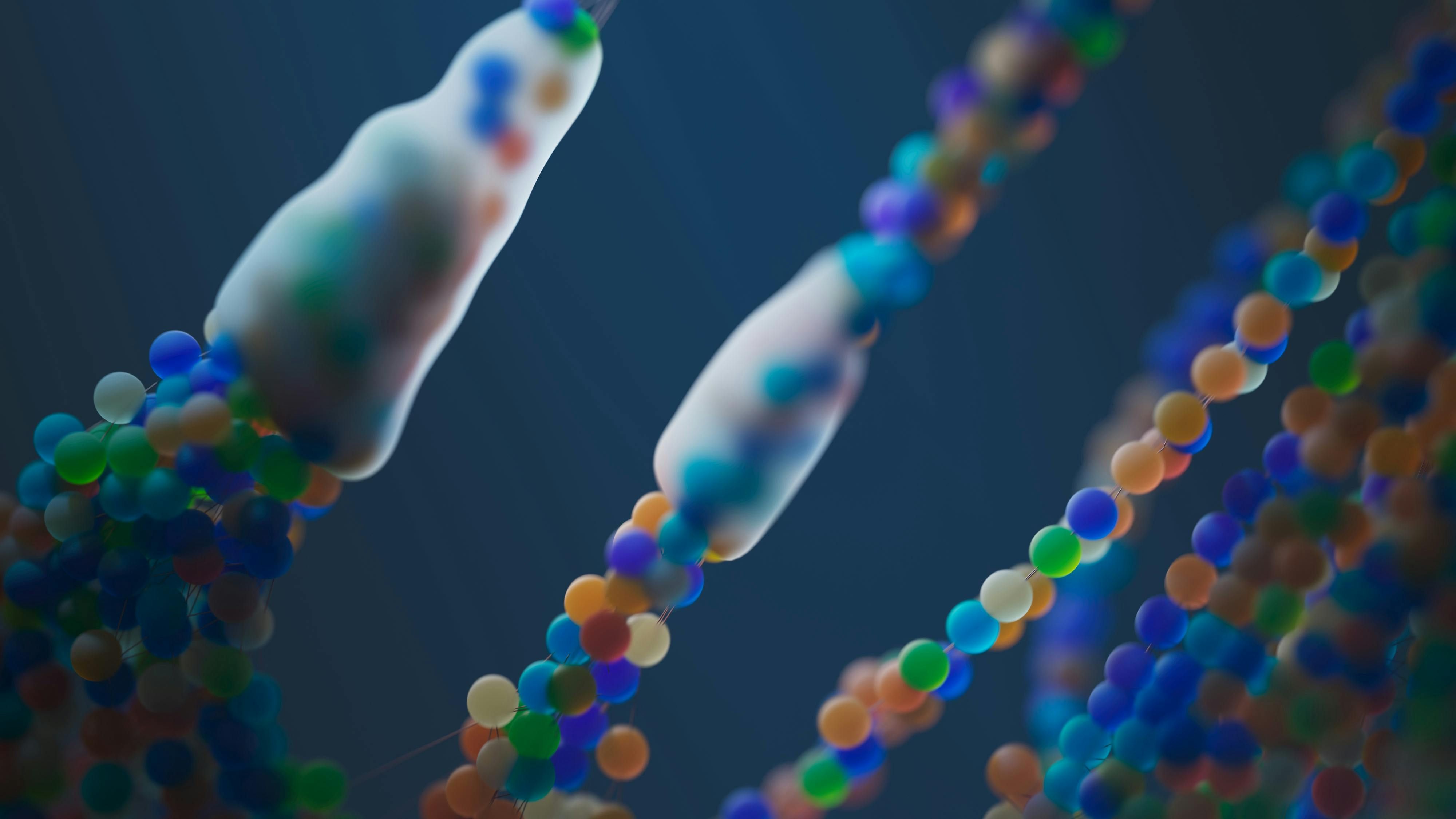Unlocking Your Genetic Potential: The Profound Power of Epigenetics

For decades, we’ve been taught that our genes are our destiny—fixed and unchangeable. While it’s true that you inherit a unique set of genes from your parents, modern science reveals a more dynamic picture. This is where epigenetics comes in.
What Exactly is Epigenetics?
Derived from Greek, "epi" means "above," so epigenetics literally means "above genetics." It's the study of how your behaviours and environment can cause changes that affect the way your genes work, without altering the underlying DNA sequence itself.
Think of your DNA as the hardware of a computer. Your genes are the individual programs. Epigenetic "marks" are like software updates or switches that tell those programs when to run, how intensely, or even if they should run at all. These marks can turn genes "on" or "off," much like a dimmer switch, influencing everything from cell development to your body's response to stress or disease. These changes are crucial for normal development and function, allowing different cells in your body (like skin cells versus brain cells) to perform their specific jobs despite having the same DNA.
Why Epigenetics is So Crucially Important
The significance of epigenetics cannot be overstated. It reveals that you are not merely a product of your inherited genes; you are an active participant in shaping their expression. This has profound implications for health, disease, and even ageing.
Disease Prevention and Progression: Epigenetic changes are implicated in a wide range of conditions, including various cancers, heart disease, diabetes, and neurodegenerative disorders. For instance, certain environmental exposures or dietary habits can lead to epigenetic marks that increase cancer risk, while others might offer protection. Understanding these mechanisms opens new avenues for prevention, early detection, and targeted therapies.
Development and Ageing: From the moment of conception, epigenetic processes guide the differentiation of cells, forming all the diverse tissues and organs in your body. Throughout life, your epigenome continues to adapt. As you age, epigenetic patterns can change, contributing to the ageing process and age-related diseases.
Intergenerational Effects: Remarkably, some epigenetic changes can even be passed down through generations. This means that the behaviours and lifestyle choices of your parents and grandparents could directly influence your health outcomes or emotional states, highlighting a deep interconnectedness across family lines.
Emotions at Conception: Some customs and beliefs span many cultures globally relating to spiritual or ancestral information, also passing down through generations. This is particularly amplified when two genetic lines are 'cross-linked' at the time of conception. Experts in the science and study of trauma have also observed the effect of early life experiences, or even pre-conception experiences, on the mental, emotional and physical health of an individual.
How to Positively Influence Your Epigenome
The exciting news about epigenetics is that many of these changes are dynamic and, importantly, reversible. This empowers you to take a proactive role in optimising your gene expression through conscious lifestyle choices. You have more control over your health destiny than you might think!
Here are key areas where you can actively influence your epigenome:
Nutrition is Key: What you eat provides the building blocks and signals for your cells. A diet rich in fruits, vegetables, whole grains, and healthy fats can provide crucial nutrients that support beneficial epigenetic modifications. Conversely, diets high in processed foods, sugar, and unhealthy fats can contribute to detrimental epigenetic changes.
Embrace Regular Physical Activity: Exercise isn't just good for your muscles and cardiovascular system; it’s a powerful epigenetic modulator. Regular movement can improve gene expression related to metabolism, inflammation, and stress response, enhancing overall cellular health.
Master Stress Management: Chronic stress floods your body with hormones that can negatively impact your epigenome, potentially increasing inflammation and disease susceptibility. Practices like meditation, mindfulness, yoga, or spending time in nature can help mitigate stress-induced epigenetic changes.
Prioritise Quality Sleep: Sleep is a fundamental pillar of health. During sleep, your body performs essential repair and regeneration processes, and this includes maintaining a healthy epigenome. Chronic sleep deprivation can disrupt these vital processes, leading to adverse epigenetic changes.
Minimise Exposure to Environmental Toxins: Our modern world exposes us to various pollutants, chemicals, and toxins. Limiting your exposure to known harmful substances (e.g., smoking, excessive alcohol, certain pesticides, air pollution) can protect your epigenome from damaging modifications.
Express and release trapped emotions: We can also inherit emotional resonances, or predispositions to sensitivities emotionally. These can become trapped at a cellular level and chance our experience mentally, emotionally or physically. Allowing authentic expression of how you feel when emotions are activated and seeing somatic therapists, holistic healers, or traditional Chinese practitioners (amongst others) can help.
By understanding and actively engaging with the principles of epigenetics, you unlock a powerful new dimension in personal health and well-being. It’s not just about the cards you were dealt, but how you play them.
References:
-
What Is Epigenetics? -
What is epigenetics?: MedlinePlus Genetics -
What is Epigenetics? -
Written with AI assistance, final edit by a real human.
Ready to explore how somatic therapies can optimise your epigenetic well-being? Let's work together to free you up and get you past those grey area mental health challenges or lingering physical tensions.
Book in with me at www.alenaturley.com to start your journey!
